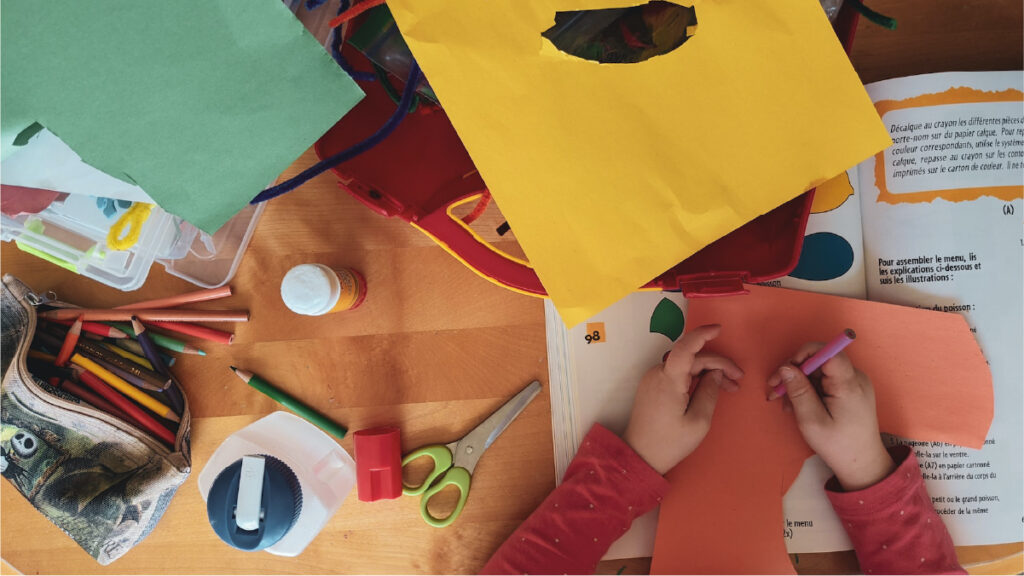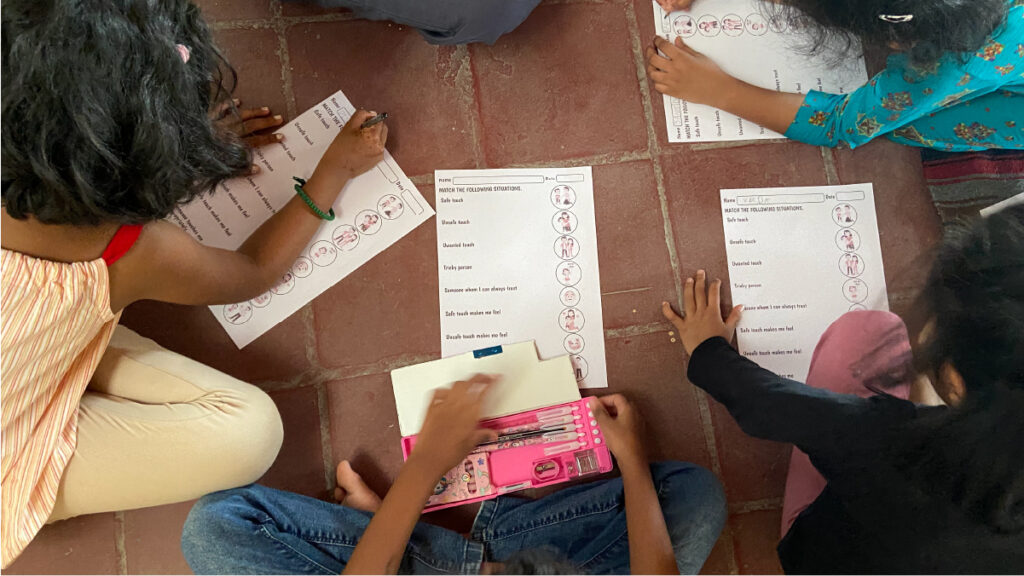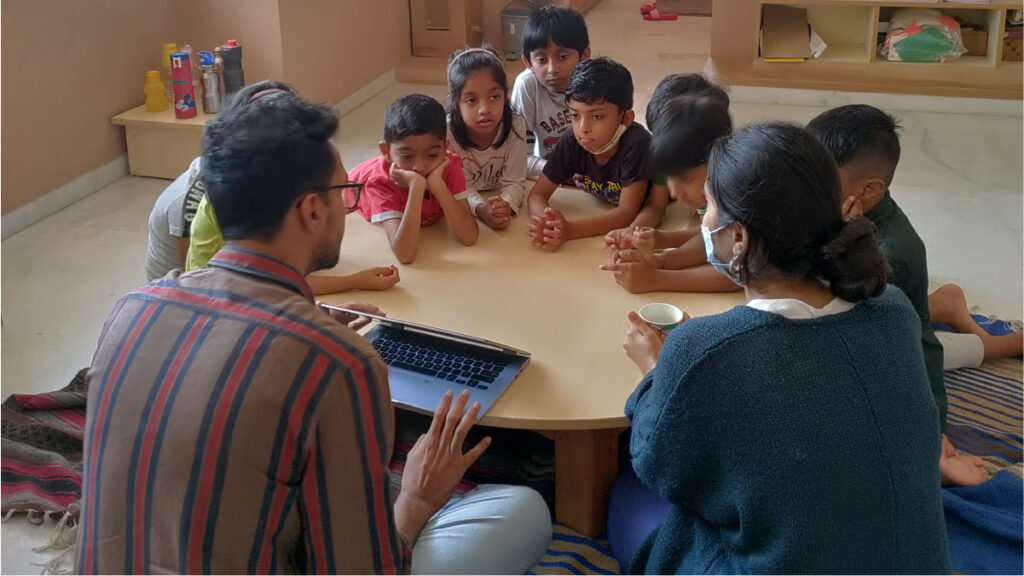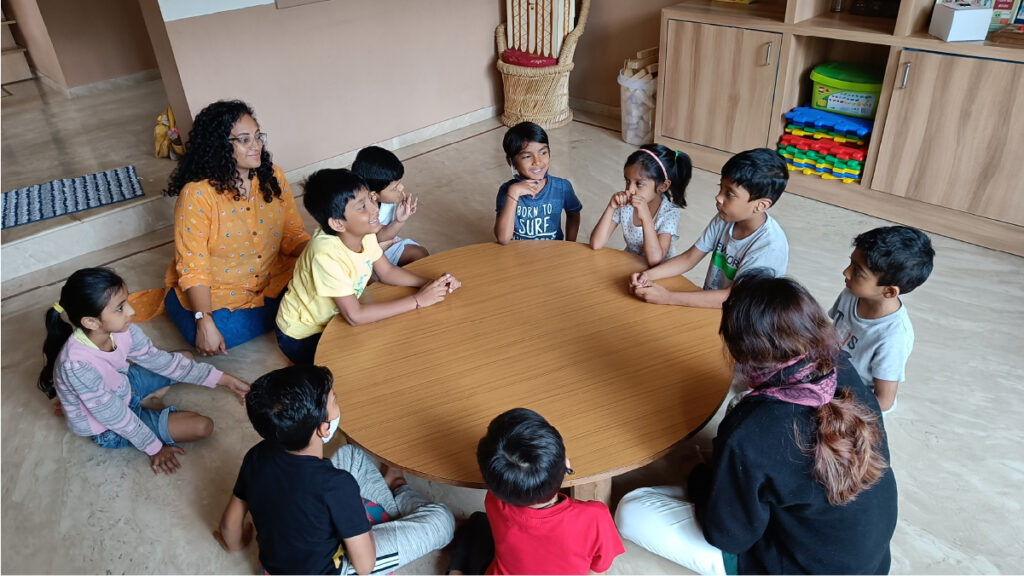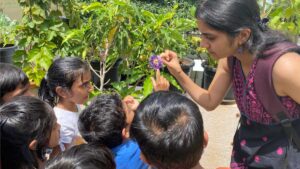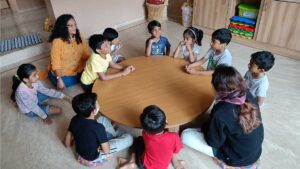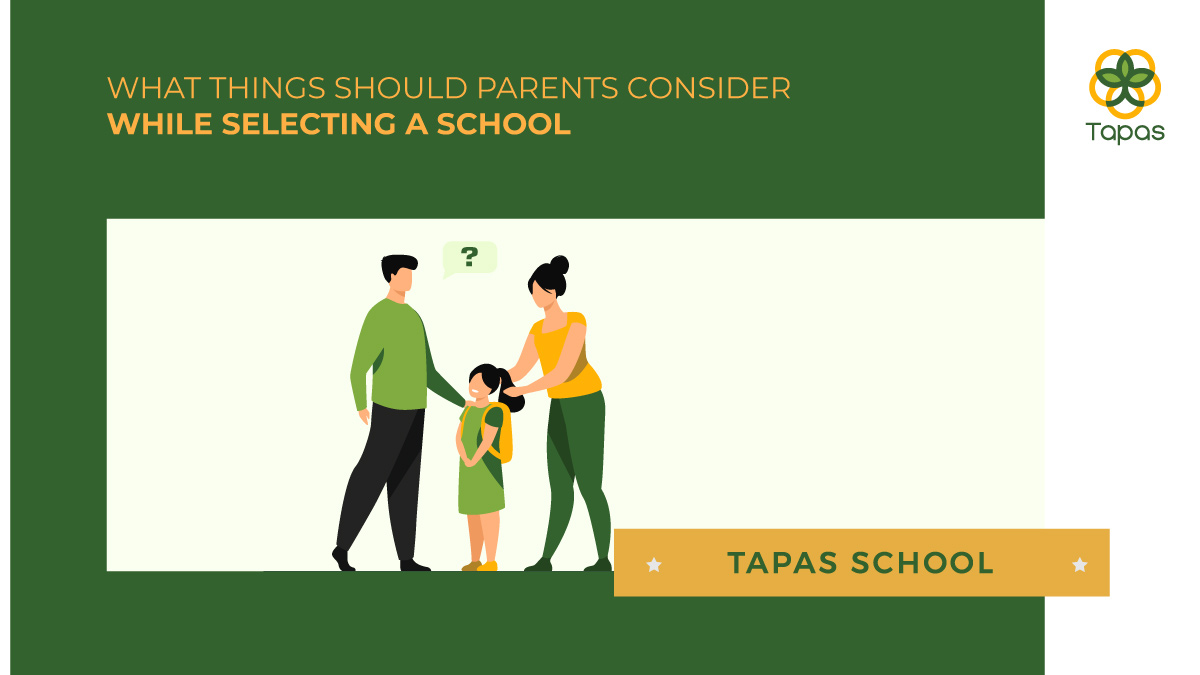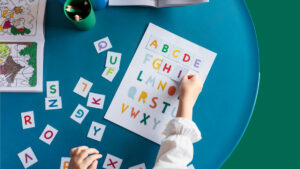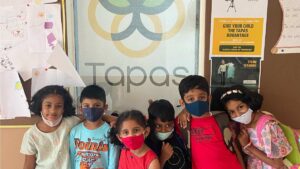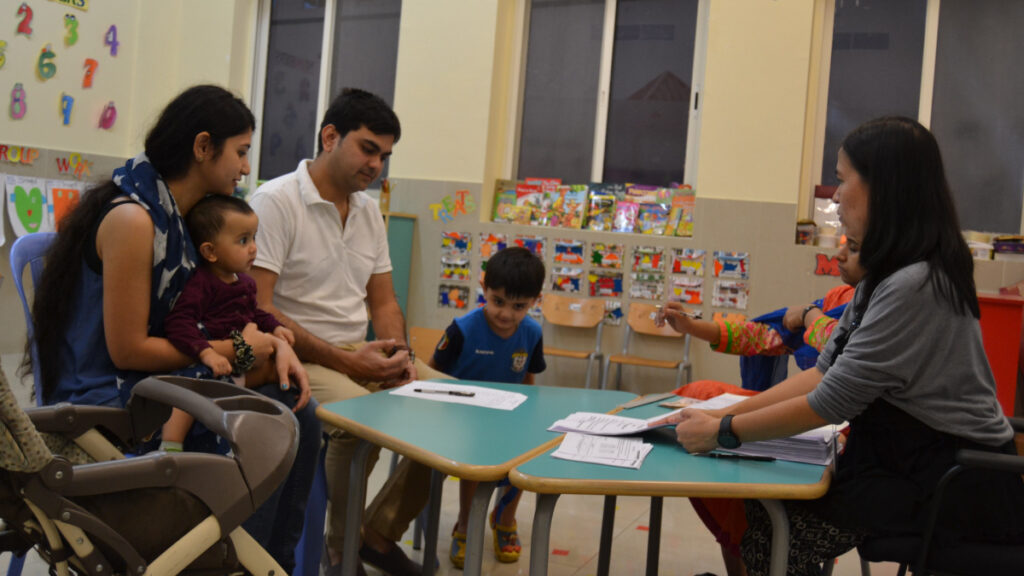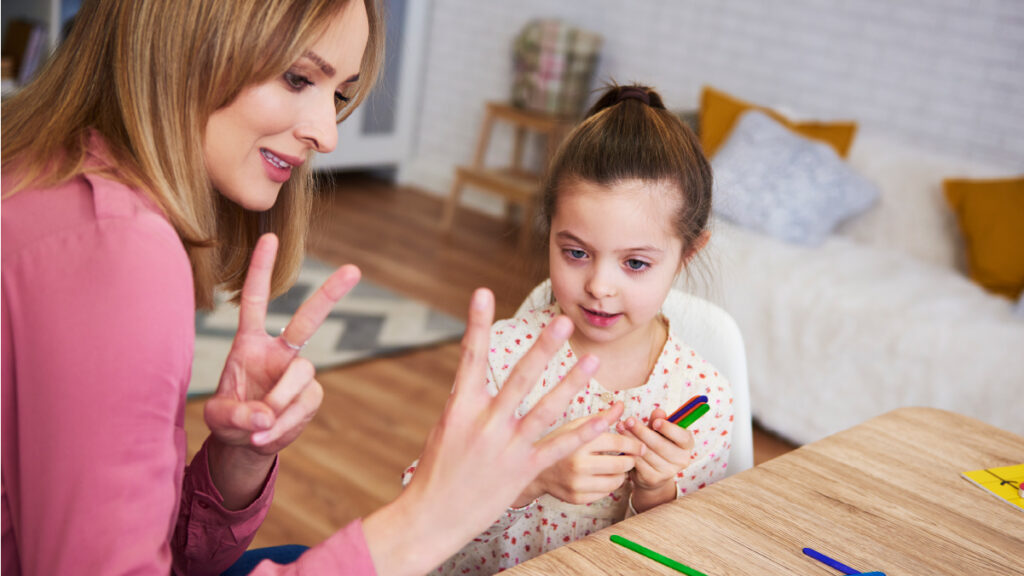Ten Statements About the Future of Project-Based Learning
Educational opportunities are paramount when it comes to future-proofing the next generation.
Students’ ability to think critically and solve problems is emphasized in project-based learning activities. Its inquiry-based approach to teaching students how to tackle the challenges assigned as projects is a kind of active learning. Project-based learning “integrates knowing and doing” when students use what they have learned to address real-world issues to produce impactful outcomes.
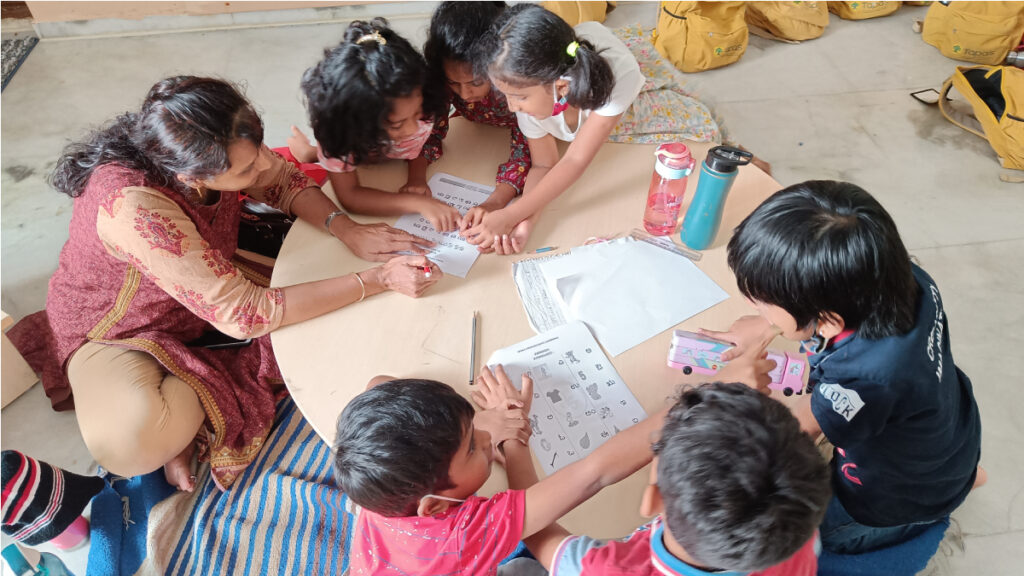
Projects need a defined scope of work, available resources, and careful planning to be carried out and managed successfully. Through authentic projects, students are better equipped to tackle the complex difficulties in today’s society.Let’s take a deeper look at the future of project-based learning by reading the ten related statements!
1. Scope Of Work
The major purpose of project-based learning ideas is to help teachers, students, and educators understand and adapt project frameworks. Under the direction of their supervisors or teachers, students learn to understand the full extent of the project and organize the execution into a framework.
2. Real World Problem Simulation
Project-based learning schools in Bangalore are centered on allowing students to deal with circumstances from the real world that are simulated in projects like at Tapas School. Students construct new learning around their passions, hobbies, and ambitions while learning by practicing what they already know. They often discover new interests, passions, and preferences for occupations.
3. Concept And Creativity Development
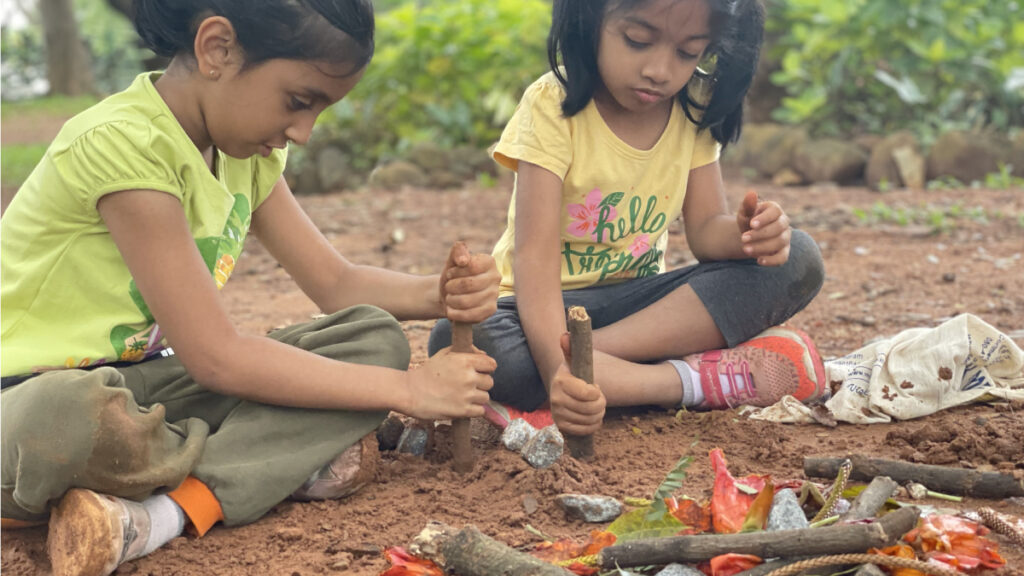
Through project-based learning, students’ conceptual knowledge and levels of creativity are enhanced. The project’s real-world scenarios are better equipped to grab students’ interest and hold their attention to elicit the thought required to apply new information in a problem-solving context.
Also read: What Are the Five Components of Project-Based Learning?
4. Improves The Interpersonal Skills Of A Student
It dramatically impacts how well the student’s interpersonal skills are developed. We can see a clear vision of project-based learning’s future and how students at Tapas School, a project learning-based provider in Bangalore, develop their communication skills throughout the whole process or at crucial points in the project to work with diverse stakeholders.
5. It’s Fun!
Nobody ever said that a course of study or the act of learning itself had to be boring, although many traditional models often are. With the help of projects, students develop an emotional investment in the subject matter, which makes their education more meaningful and purposeful. Just like one of our masterclasses, the Indo-Jazz Fusion Music, where the students got to interact with renowned musicians and learn about different cultures and how music plays an important role in cultures in a fun manner!
6. Choice Of Selecting Real-World Problems
The fact that projects are selected by the students or given by the professors depending on the student’s interests is another excellent argument for choosing project-based learning. In this project, students can pick a real-world issue that interests them and work on solving it. Projects selected based on interests allow students to solve problems in a variety of ways, even within the same class.
7. New Style Assessment Of Students’ Skills
Teachers can determine which activities most interest their students by gauging their opportunity to perceive, analyze, and explore and then assigning those projects accordingly. Students can improve their ability to observe and analyze. When students engage in project-based learning activities, teachers can observe and evaluate how their students’ skill levels evolve.
8. Direct Demonstration Of The Capability
As opposed to the essays and tests of traditional educational learning, in which students are expected to memorize and write about what their teachers have taught them, projects provide teachers with a far more open and flexible framework to evaluate their students’ talents and progress. Undoubtedly, project-based learning will play an important role in future classrooms!
9. Formative VS Summative
Through formative assessments, we assist students in recognizing their areas of strength, improvement, and weaknesses. Students will hone their abilities to self-regulate, allowing them to take a more systematic approach to their education. At the same time, summative assessments are used to evaluate student learning after a unit of learning by comparing it to a standard or benchmark.
For example, we use S.T.E.A.M. activities as a formative assessment since we know they will help students succeed on the project. Students’ workloads are lightened as they get valuable feedback to help them grow!
10. End-To-End Problem-Solving Skills
The phases of project-based learning ideas include project scoping, organizing, activity executing and tracking, handling uncertainties provided during problem-solving activities, showcasing the project, and closure. Talking about the end-to-end problem-solving method of project-based learning, students can acquire abilities in many things. For instance, observing, researching, reporting, presentation, cooperation with individuals engaged, team building, and leadership.
Like the tiny house creation project where students were required to build a cardboard paper floor plan using their creativity, at Tapas, these projects trigger their minds by making them think critically and develop problem-solving skills.
Final Word
There’s a bright future for project-based learning in the education system in India. The kids are encouraged to seek answers independently, enhancing their knowledge of the topic. In this way, students can gain confidence in their abilities and expertise in areas that particularly interest them. For children, education should be an adventure into a fascinating world of knowledge they look forward to exploring! Here at Tapas School, a project-based learning provider in Bangalore, we firmly believe in the value of project-based learning and the bright future it promises our students.
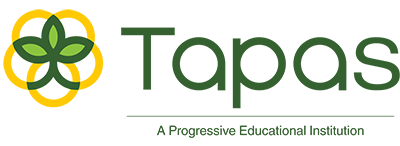
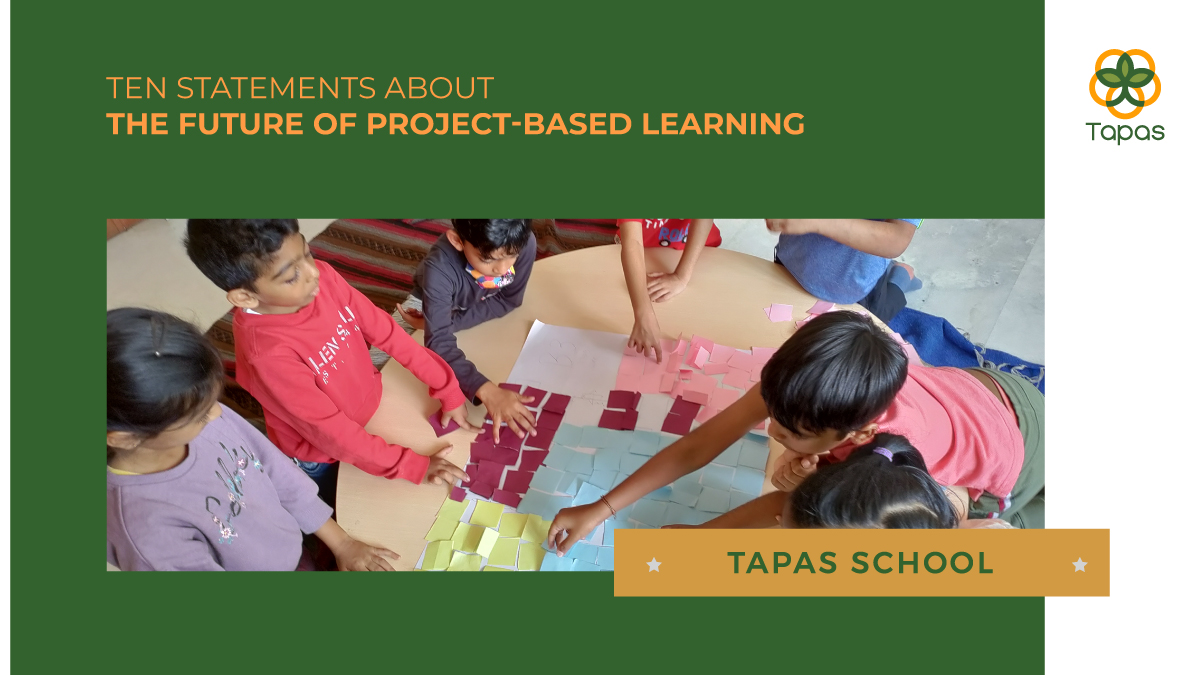
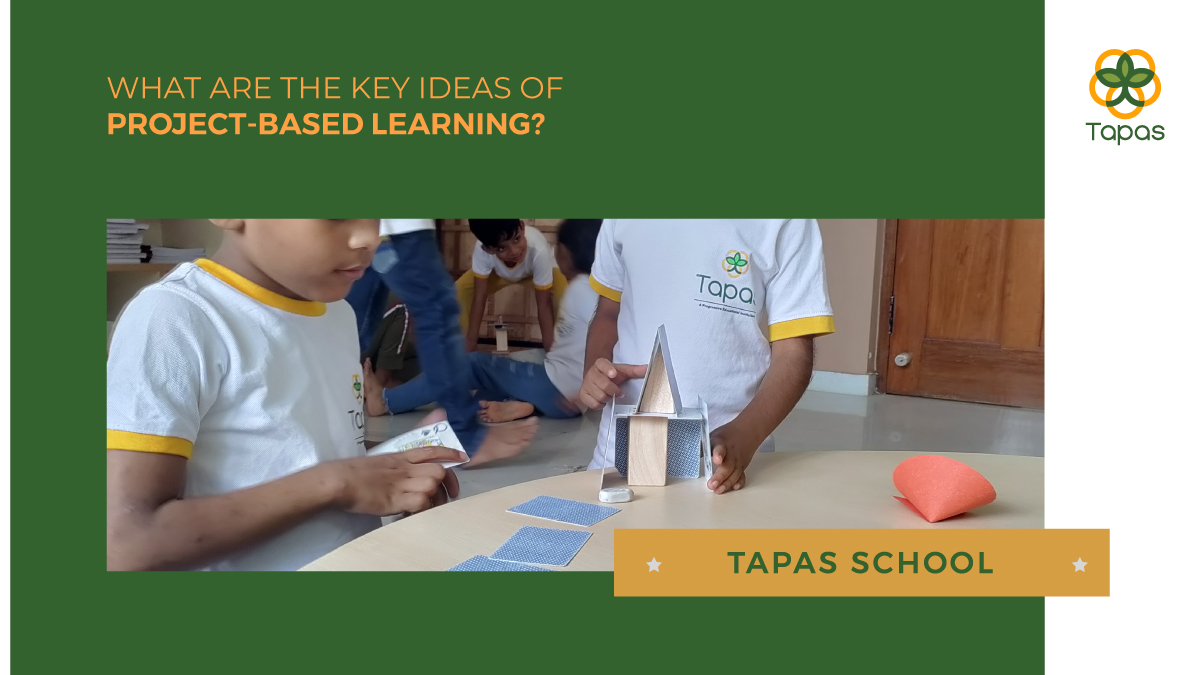
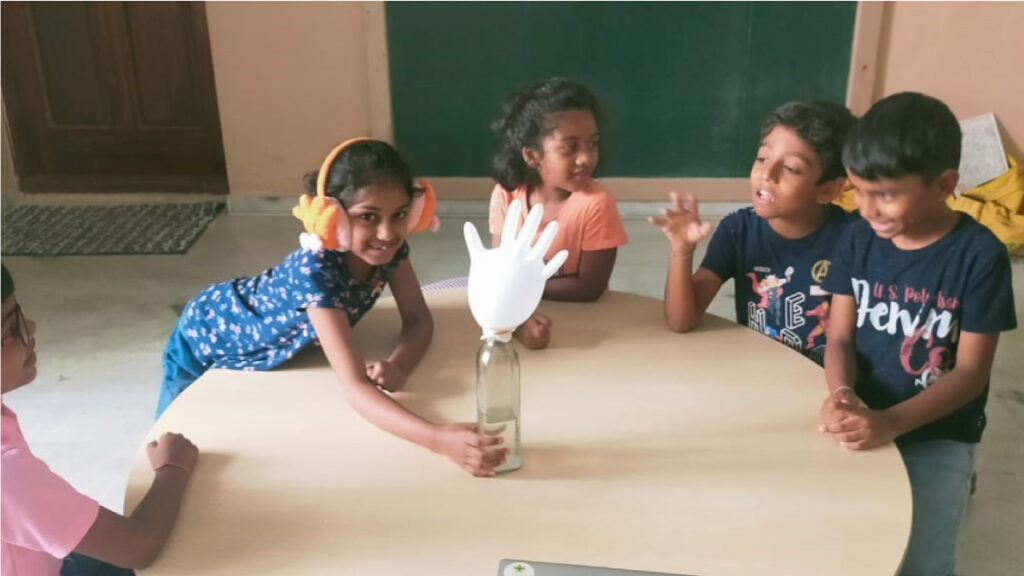

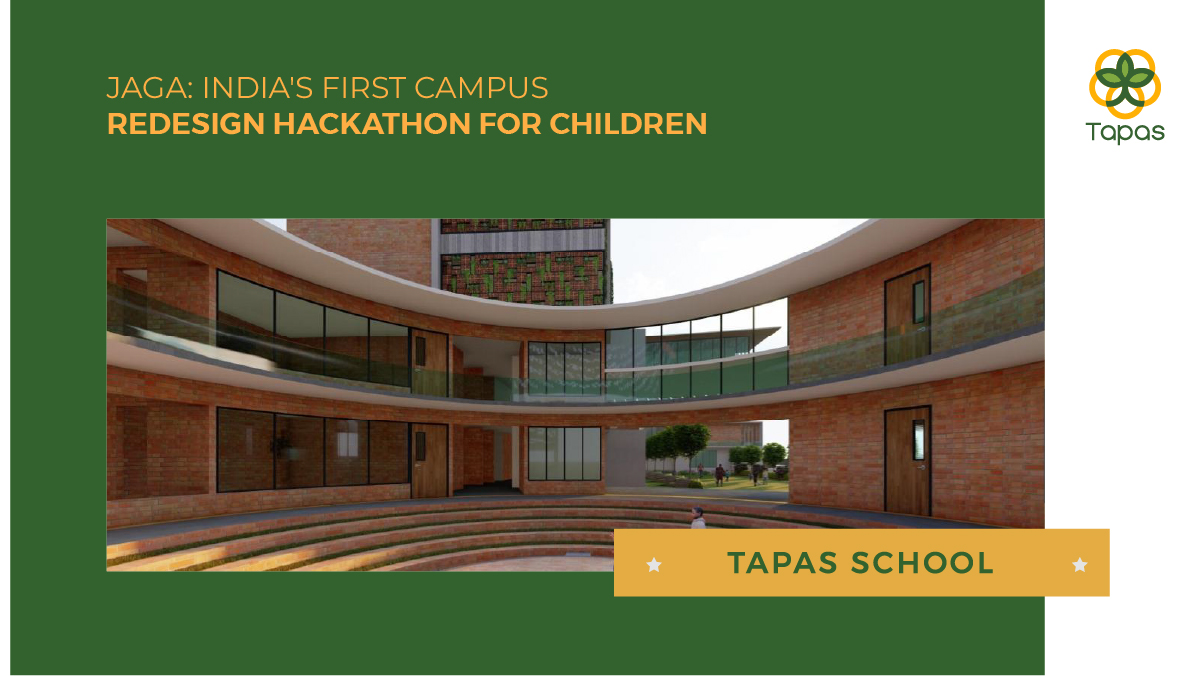
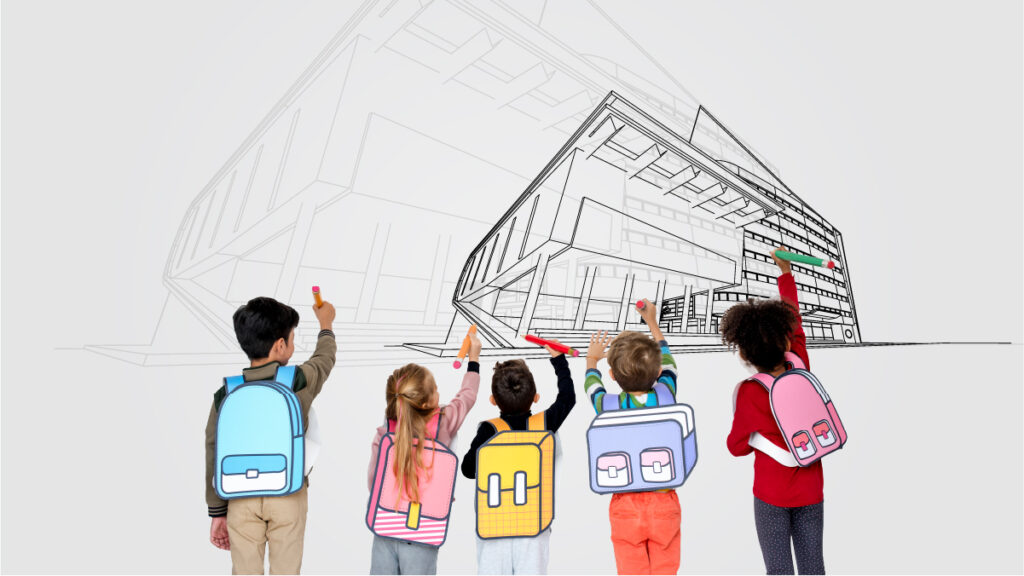
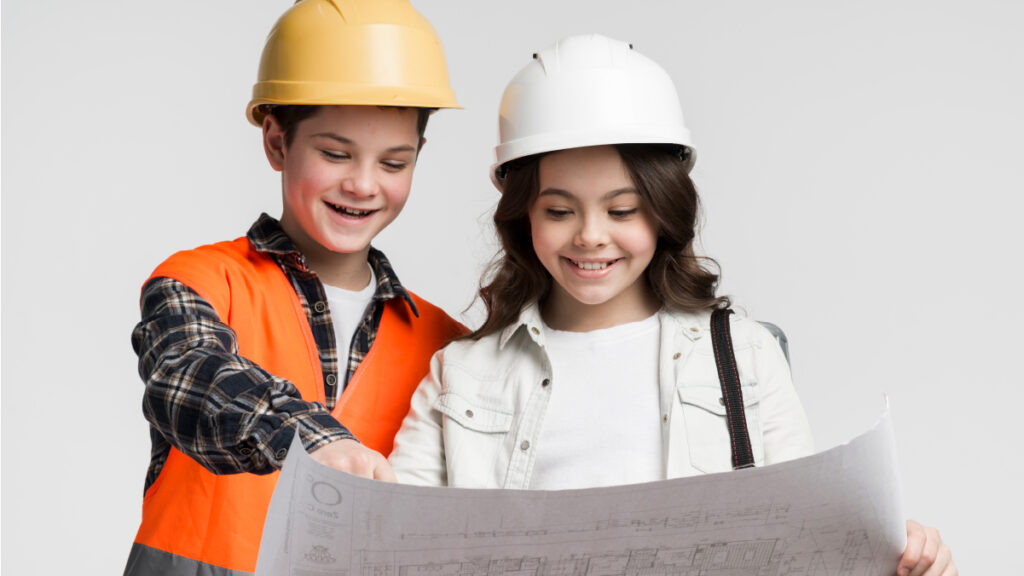
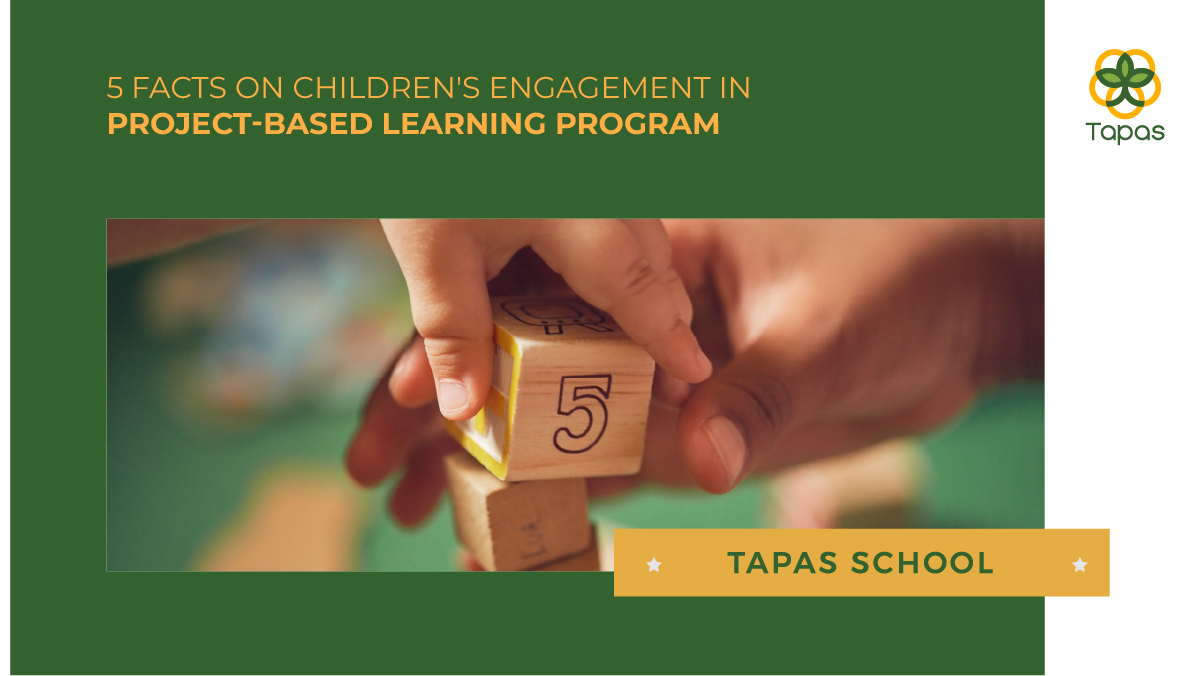
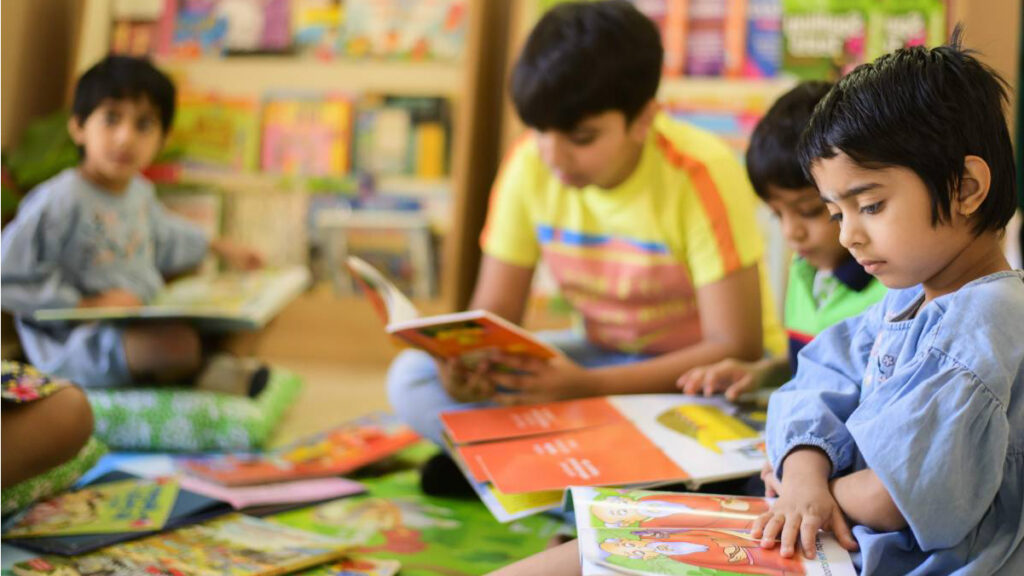 There’s a saying by Mahatma Gandhi, “Live as if you were to die tomorrow. Learn as if you were to live forever.” In
There’s a saying by Mahatma Gandhi, “Live as if you were to die tomorrow. Learn as if you were to live forever.” In 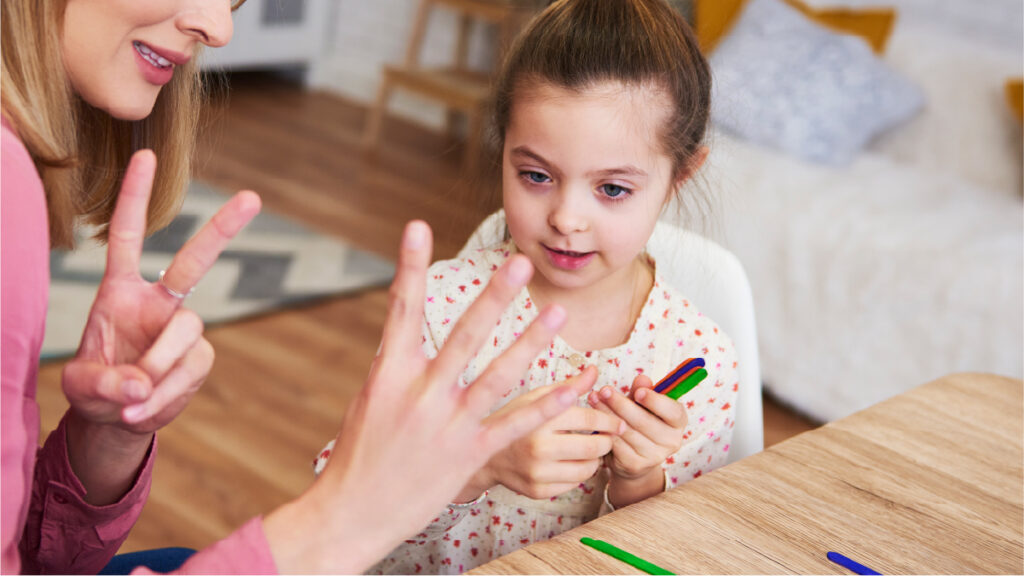 Students are given more responsibility for their education and encouraged to take on more complex challenges because of these projects’ practical and real-world relevance. This fosters an atmosphere in the classroom where students predominantly report feeling engaged.
Students are given more responsibility for their education and encouraged to take on more complex challenges because of these projects’ practical and real-world relevance. This fosters an atmosphere in the classroom where students predominantly report feeling engaged.
